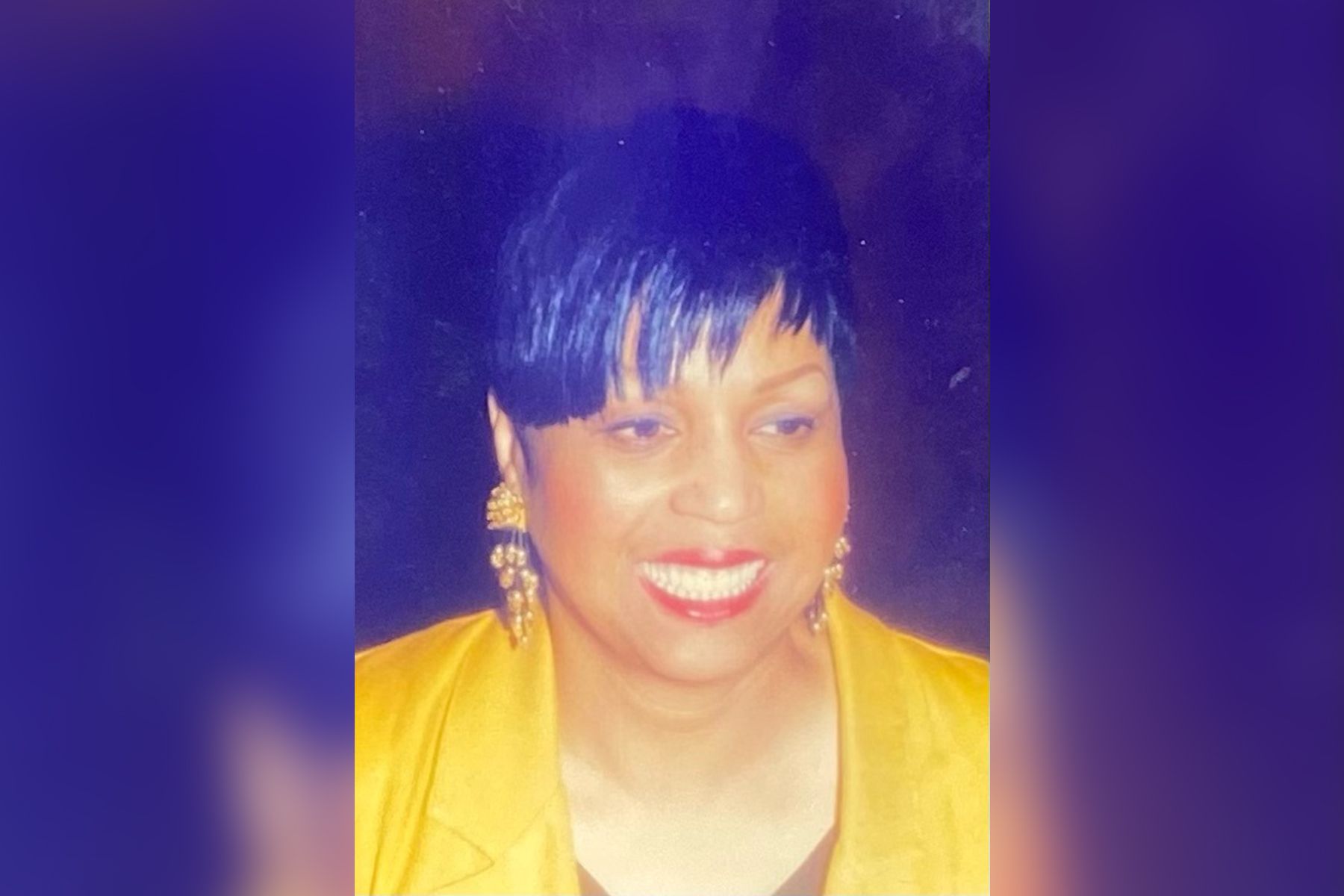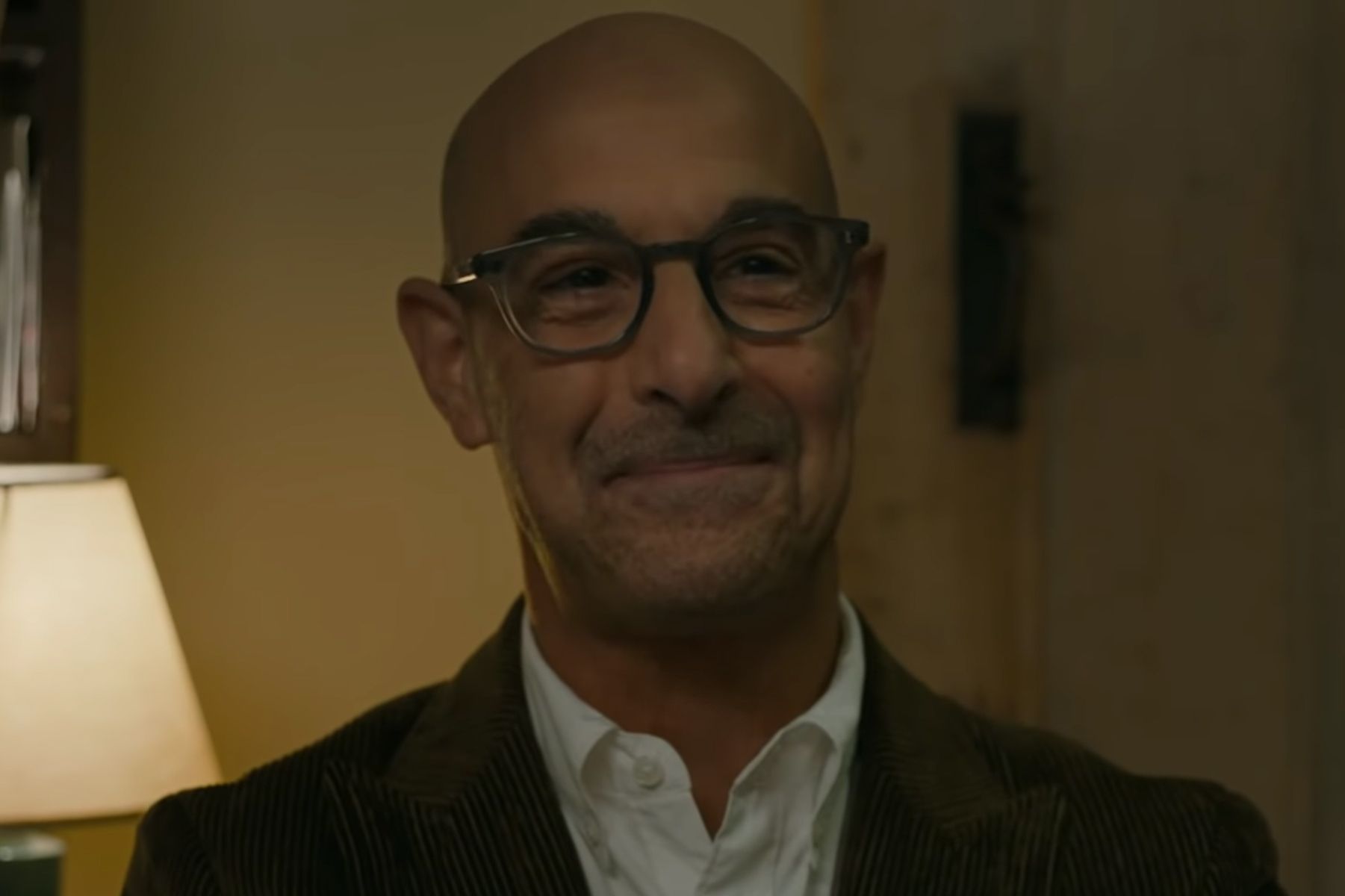
Georgia Dobbins Davis, Unsung Motown Hero Who Co-Wrote ‘Please Mr. Postman,’ Dead at 78
Georgia Dobbins Davis, an original member of the Marvelettes and the co-writer of their classic 1961 hit, “Please Mr. Postman,” died Friday, September 18th. She was 78. Dobbins’ daughter, Kimberly Ann Watts, confirmed her death to Rolling Stone, adding the cause was cardiac arrest.
In co-writing “Please Mr. Postman,” Dobbins played an integral role in the history of Motown and pop music. The track became Motown’s first Number One hit on the Billboard Hot 100. But by the time the Marvelettes recorded it in 1961, Dobbins left the group to look after her ailing mother and because her father forbade her from touring or getting involved in the music industry.
Dobbins’ writing credit on “Please Mr. Postman” encapsulates the extent of her music career, and Watts says her mother long refused to acknowledge or discuss her contribution to pop history. “She told me that she didn’t listen to the radio; she pretty much became a hermit,” Watts says. “She felt like she let the group down. When she got married and I came along — I’m an only child — it was, ‘OK, I wrote a song, and that’s it, that’s all you need to know.’”
Georgia Dobbins Davis was born May 5th, 1942. As a teenager growing up in the Detroit suburb of Inkster, Michigan, Dobbins was part of several singing groups including a quintet known as the Marvels with Gladys Horton, Georgeanna Tillman, Juanita Cowart and Katherine Anderson. According to the 2006 book American Singing Groups, the Marvels came in fourth place at a high school talent show, just missing out on a top three prize: an audition at Motown. One of their teachers, however, convinced the principal to let them go as well, and while Berry Gordy and Smokey Robinson were impressed, they requested the Marvels come up with an original song.
Dobbins turned to a bandmate from another group, William Garrett, a piano player, who’d come up with a melody and a title — “Please Mr. Postman” — but no lyrics. Watts says Dobbins wrote the rest of the song in three days, inspired by the pangs of waiting for a letter from her then-boyfriend, who was enlisted in the Navy. “Please Mr. Postman” originally had a slower, bluesier feel, which fit Dobbins’ singing style more than the group’s de facto leader Horton. It was later sent to a crew of Motown songwriters — Freddie Gorman, Brian Holland and Robert Bateman — for a final punch-up.
Music wasn’t just a teenage passion for Dobbins, but a way to make some extra money for her family. She was the oldest of seven children, and the only girl, and she secretly slipped the money she made gigging around town to her mother. Dobbins’ father, Watts says, worked a graveyard shift and was completely unaware of his daughter’s budding career until she approached him about the Motown deal. After he forbade her from continuing with the group, Dobbins — with a little help from her mother — was still able to slip away to Motown to help out with the completion of “Please Mr. Postman.” And while Watts says there were some folks at the label who wanted Dobbins to stick around, she ultimately left the industry.
In 1961, Gordy officially signed the Marvels and rechristened them the Marvelettes; it was Dobbins who found her own replacement, tapping Wanda Young to join the group. “Please Mr. Postman” was released in August 1961, hit the charts the following month, and after a 14-week climb, finally reached Number One on December 11th. Not only did the song effectively launch Motown, paving the way for one of the most prolific, significant and groundbreaking runs in music history, but it became a pop standard in its own right. The Beatles recorded a version in 1963, the Carpenters took the track back to Number One in 1974, and in 2017, Portugal. The Man interpolated it on their sleeper hit, “Feel It Still” — a testament to the original’s incredible staying power.
But for decades, Dobbins wanted nothing to do with “Please Mr. Postman.” For 35 years, she worked as a cashier at Farmer Jack, a now-defunct Detroit-area supermarket chain, and never told anyone about the song. Watts says her mother told her not to mention it to anyone either: “She said, ‘When you have that type of fame, you have fake friends. You don’t need to deal with that.’ And I left it at that.”
Watts says the thing that weighed on her mother most wasn’t just a missed opportunity for herself, but for the Marvelettes, who — significant as they were — were quickly outpaced by other Motown acts, especially the Supremes. “She felt like, had she been in the group, they may have been more successful,” Watts says. “Because she had more songs, but she just stopped after that. She told her father, ‘You will never hear me sing again,’ and she didn’t.”
Though Dobbins’ musical gifts were never able to fully flourish, Watts is eager to note that they manifested in the family’s next generation. Watts says she “tried to play piano and both of my teachers quit and moved to Florida!” But her son — Dobbins’ grandson — is a drummer, as is Dobbins’ nephew, Sean Dobbins, a jazz drummer who teaches at the Indiana University Jacobs School of Music.
And while music fell out of her own life, Dobbins filled it with family and a passion for gardening. At work, Watts adds, she even developed a fan club of her own: “She was known for her smile, and she would go the extra mile to help you.”
Then in 2005, “Please Mr. Postman” came back into Dobbins’ life. Rick Sperling — creator and founding artistic director of the Mosaic Youth Theater of Detroit — approached her for an interview for a play he wanted to write about the Marvelettes. (The show, Now That I Can Dance, premiered in 2005 and became a hit for the Mosaic, running again in 2007 and then most recently in 2019 to mark Motown’s 60th anniversary.) Dobbins was apprehensive at first, but Watts says she encouraged her mother to take this moment to finally reckon with her past.
“I realized, she wrote the song that put Berry Gordy on the map, if you will,” Watts says. “And I said, ‘Mom, that’s the greatest accomplishment ever… You realize, that was your place.’ She said, ‘But I wanted to go on the road.’ I said, ‘But that wasn’t your place — your place was to write the song, give Motown the push that they needed.’ After that play, she did start to heal.”



